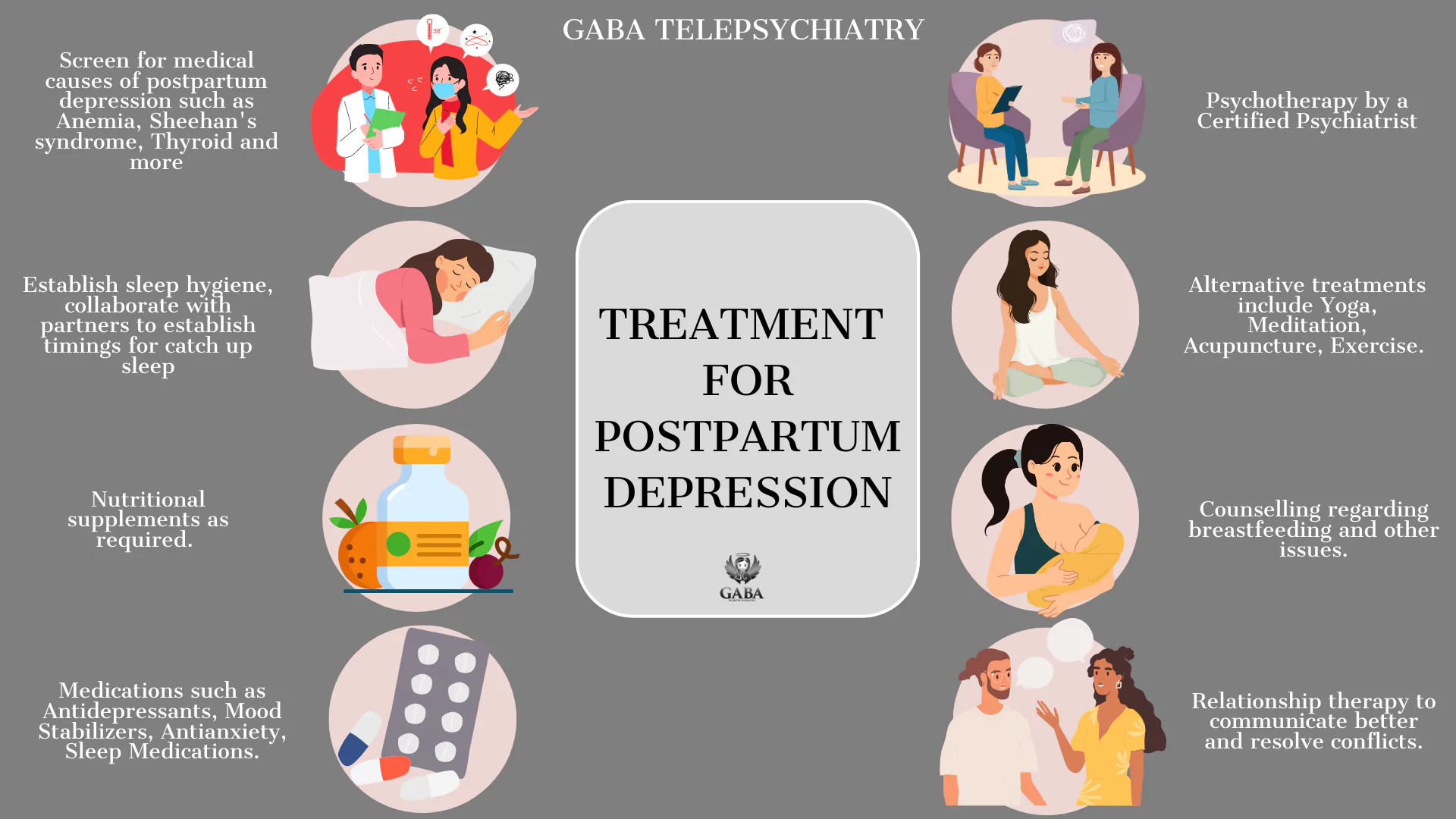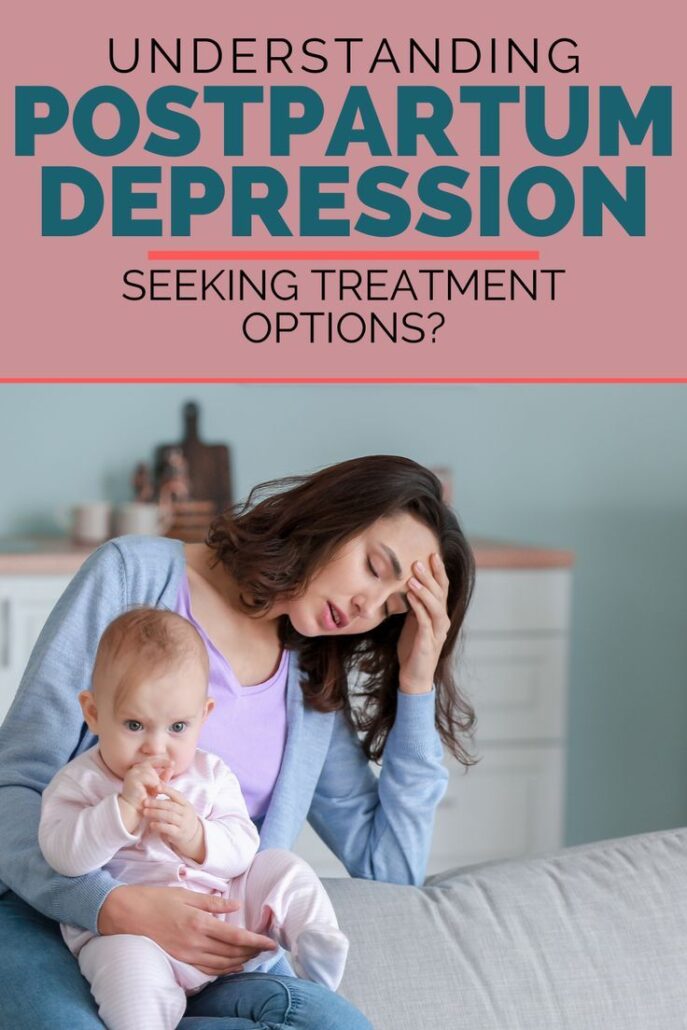Beautiful Journey Reproductive Counseling Center - An Overview
Beautiful Journey Reproductive Counseling Center - An Overview
Blog Article
Beautiful Journey Reproductive Counseling Center for Dummies
Table of ContentsThe Of Beautiful Journey Reproductive Counseling CenterBeautiful Journey Reproductive Counseling Center Things To Know Before You BuyThe Buzz on Beautiful Journey Reproductive Counseling CenterThe Definitive Guide for Beautiful Journey Reproductive Counseling CenterBeautiful Journey Reproductive Counseling Center Things To Know Before You BuyEverything about Beautiful Journey Reproductive Counseling Center

Working with psychological wellness professionals is a terrific method to discover about postpartum depression and just how to recover. Treatment is an individual and crucial means to treat postpartum clinical depression.

About Beautiful Journey Reproductive Counseling Center
There have actually not been definitive research studies released that looked specifically at folate or other B vitamins in the treatment of postpartum depression. Think about advising to women that are postpartum to proceed their prenatal vitamin or take a B-100 complicated with concerning 1 mg (or 1,000 mcg) of folic acid, or folate.
Improvement of vitamin D shortage may play a significant role in the healing from postpartum anxiety. Moms having problem with clinical depression needs to have their 25-OH vitamin D degree checked. Numerous females discover that they need at least 2,000-3,000 IUs of cholecalciferol, which is vitamin D3 (a form that is really easily taken in) throughout the winter season.
In the summer season, less oral vitamin D might be needed, relying on the latitude where the mom lives. reproductive mental health.
5 Easy Facts About Beautiful Journey Reproductive Counseling Center Explained

[15, 16 (https://pxhere.com/en/photographer/4226096)] Anticoagulation might be utilized, and it should be kept in mind that there exists no global guideline or recommendation for anticoagulation therapy in septic pelvic thrombosis. First bolus of 60 units/kg (4000 systems optimum) complied with by 12 units/kg/h (optimum of 1000 units/h) is suggested. [6] The aPTT is kept track of for 2-3 times the regular worth.
Postpartum anxiety (PPD) is a complicated mix of physical, psychological, and behavior changes that occur in some females after offering birth. According to the DSM-5, a hands-on used to identify psychological problems, PPD is a form of significant depression that begins within 4 weeks after delivery. The medical diagnosis of postpartum clinical depression is based not only on the size of time between delivery and beginning yet on the severity of the depression.
The term describes a series of physical and psychological changes that many brand-new mommies experience. PPD can be treated with medication and therapy. The chemical changes involve a rapid decrease in hormones after delivery. The actual link between this decrease and anxiety is still not clear. But what is known is that the levels of estrogen and progesterone, the women reproductive hormonal agents, boost tenfold throughout maternity.
Our Beautiful Journey Reproductive Counseling Center Statements
Commonly, joining an assistance group of new mamas or talking with other mommies aids. can occur a couple of days or perhaps months after childbirth. PPD can occur after the birth of any kind of youngster, not just the initial youngster. You can have feelings comparable to the baby blues-- unhappiness, despair, stress and anxiety, crankiness-- however you feel them a lot more highly.
When your ability to function is affected, you need to see a health and wellness care provider, such as your OB/GYN or primary care physician. If you don't get treatment for PPD, signs and symptoms can obtain worse.
This health problem can occur rapidly, commonly within the initial 3 months after giving birth. Females can shed touch with fact, having auditory hallucinations (hearing things that aren't really occurring, like a person chatting) and delusions (strongly thinking points that are clearly irrational). Visual hallucinations (seeing things that aren't there) are less common.
Ladies that have postpartum psychosis need treatment immediately and nearly always need medication. Sometimes women are put right into the health center due to the fact that they go to danger for injuring themselves or somebody else. Postpartum clinical depression is treated in a different way, depending on the sort of signs and how severe they are. Therapy alternatives include anti-anxiety or antidepressant medicines, psychiatric therapy, and involvement in a support team for psychological assistance and education.
Beautiful Journey Reproductive Counseling Center Fundamentals Explained
Youngsters of moms with postpartum clinical depression are most likely to have issues with resting and eating, weeping even more than usual, and hold-ups in language growth. If you have a background of clinical depression, tell your physician as quickly as you discover you're expectant, or if you're preparing to become pregnant.
PPD can occur after the birth of any kind of youngster, not simply the first child. You can have feelings similar to the infant blues-- unhappiness, anguish, anxiousness, crankiness-- yet you feel them a look at this site lot extra highly.
When your ability to function is influenced, you need to see a health and wellness care carrier, such as your OB/GYN or key care physician. This medical professional can evaluate you for depression signs and symptoms and come up with a therapy strategy. If you do not obtain therapy for PPD, signs and symptoms can worsen. While PPD is a significant condition, it can be treated with medication and therapy.
This illness can take place swiftly, usually within the initial 3 months after giving birth. Ladies can lose touch with fact, having auditory hallucinations (hearing things that aren't in fact taking place, like an individual talking) and delusions (highly thinking things that are clearly irrational). Visual hallucinations (seeing points that aren't there) are much less typical.
The Beautiful Journey Reproductive Counseling Center Diaries
Women that have postpartum psychosis need treatment right away and almost always need medicine. Therapy alternatives consist of anti-anxiety or antidepressant drugs, psychotherapy, and involvement in a support team for emotional support and education.
Children of moms with postpartum anxiety are a lot more likely to have issues with sleeping and eating, crying more than common, and hold-ups in language growth (therapist for infertility). If you have a background of depression - https://beaj0urepcc.creator-spring.com/, tell your medical professional as quickly as you learn you're pregnant, or if you're preparing to become pregnant
Report this page